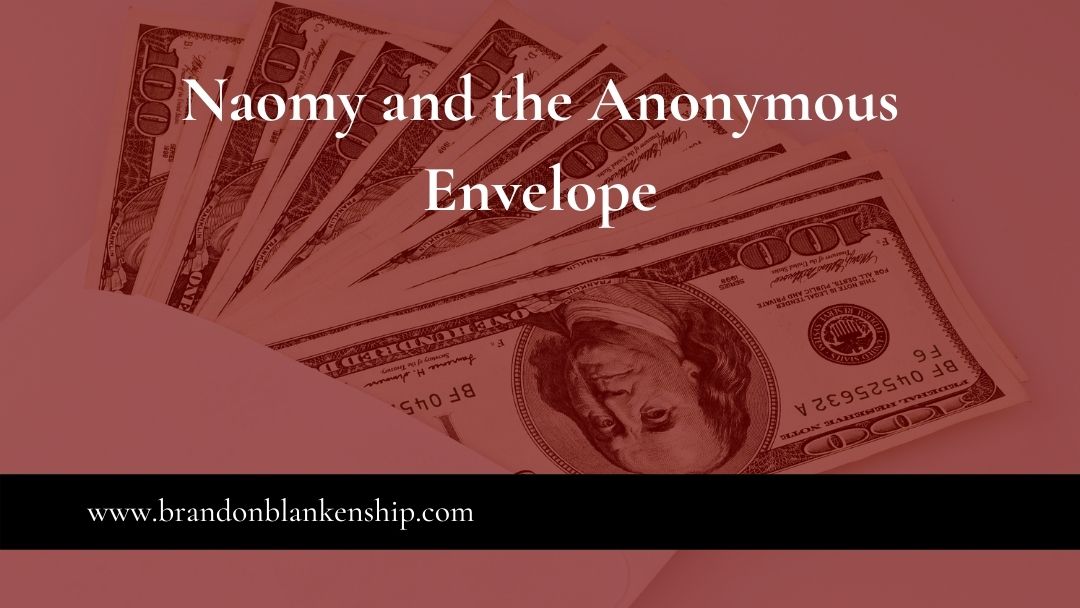
Corrections Officer Echols and Inmate Hector
This post is used as source material for Prof. Blankenship’s courses.
Naomy’s cousin, Theadore “Ted” Echols learned about corrections officers from an early age. His father was released from prison when Ted was five years old. Ted listened to his father’s stories about “corruption” officers, what they did day-after-day to inmates and how the officers themselves ended up in prison. Ted doesn’t remember the day he made the committment, but for as long as he can remember he has been committed to being a corrections officer, an honorable one.
Hector had a hard life. By the time he was 24-years-old, he had been arrested over 30 times and spent over half of his life in the County Jail. Hector was known on the street and in the criminal justice system as an honest criminal. His crime of choice was drugs. In Hector’s mind, there’s nothing wrong with selling something to people who wanted to buy it at a fair price. In spite of the fact that Hector was a successful drug dealer, he had never been arrested for a drug crime. All of his arrests came from violence.
Right after his 25th birthday, Hector got into an argument with another drug dealer who was trying to recruit Hector’s “salespeople” away from him. When the argument didn’t go Hector’s way, he pulled a gun and killed the competitor. The shooting was mid-day on a city street and captured on several video cameras.
After a jury trial, Hector was convicted of murder and sentenced to life in prison.
For the first few years in prison, Hector’s life in prison and his life outside of prison looked pretty similar. He was violent and sold drugs on the outside of prison, he was violent and sold drugs on the inside of prison. Strangely, Hector was respected by both other inmates and corrections officers. Even though it was known that he was a drug dealer, it was also known that if he told you something he was good to his word.
One day, Hector was talking with a corrections officer, Ted Echols. Officer Echols told Hector about some new classes that were going to be offered by the prison in Vipassana Meditation. Officer Echols had watched a few YouTube videos about it and was telling Hector what he had learned. As Hector turned away to line up for his work duty, Officer Echols laughed and said, “You should try it Hector – you might find some inner peace.”
That night, Hector couldn’t sleep. He didn’t like that fact that not only did he not have “inner peace,” he wasn’t really sure what it even was. Plus, this Vip – ass – a – naa would be a distraction from his work detail. He decided to try it.
Months later, Hector was a different person. He talked through most problems that came up rather than using his fists. Every time he had a chance to take more classes, he did. Eventually, he earned his Graduation Education Diploma, or “GED.” He was the first person in his family to graduate, well, anything.
Hector wrote his mother and told her that there would be a small graduation service and he sure would like it if she would come. She wrote back,
Dear Hector,
I am so proud of you. I know your Granny wud be to if she was livin.
I checked on the bus ticket and it is $68 for me to com.
I love you, but I just ain’t got it. I will be thinkin bout you on that day.
Momma
Hector was dissapointed but he understood. He talked with Officer Echols about how just a few years earlier it would have made him so angry he would have hurt somebody. Now, he was different.
Several weeks went by and the graduation came. When Hector walked in the training room for graduation, his eyes filled with tears and he had to catch his breath to stop from openly sobbing and embarrassing himself. His mother was sitting on the front row. Officer Echols, who had paid for her bus ticket, was standing at the back of the room.
###
- Inviting Human Flourishing Through Building Design - March 22, 2024
- The Message in Your Misfortunes - January 28, 2024
- The Right of Self-Determination - January 15, 2024

